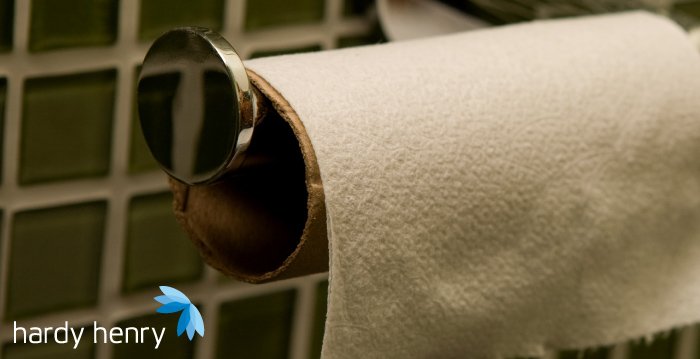You are probably smiling at the title of this article right now but did you know that more than 60% of the world population has no proper toilet at home, that 892 million people have no other option than to defecate in the open air or even that one third of schools worldwide still do not provide any toilet facilities to their students? According to reports from the World Health Organization (WHO) and the United Nations Children’s Fund (UNICEF), 1.8 billion people have access to only a contaminated source of drinking water because human faeces are not being treated and collected in a sanitary manner. On a global scale, 80% of our wastewater flows back into the ecosystem without having been treated. As alarming as it sounds, what this also means is that open defecation is resulting in an increasing rate of contamination and spreading of diseases.
Potty Talks
One can assume that, if you are reading this blog, you most probably have a proper toilet and that just like most of us, you were unaware of the extent of the global sanitation crisis going on these days. To make matters worse, at this day and age, more people own a mobile phone than those that have access to a toilet! So, while you can consider yourself among the 2.5 million lucky ones that have access to improved sanitation, please be reminded that this is no laughing matter and that around 4.5 billion of the population live without a safe toilet and still face an undignified experience regarding this bodily function. What’s even more tragic is that women and girls are regularly put at risk of being assaulted while relieving themselves.

What Loo can do for you?
From all the different expressions used to refer to the toilet, from the most formal to the most familiar such as the powder room, the restroom, the bathroom, the loo or even the can, we often forget to give credit to this little, sacred space that brings us so much relief and dignity. More than that, toilets save lives by safely capturing contaminated water and faeces thus preserving not only human health but also the ecosystem. Otherwise, improper sanitation and contact with faeces or contaminated water could have a devastating impact on public health by spreading diseases such as cholera, typhoid, hepatitis and diarrhoea among others. This is all the more reason to keep your toilets clean and free of germs that could be detrimental to your health.
Thank the Loo!
World Toilet Day is a day to take action and to do something about this issue. By putting this day forward, the United Nations wants to put proper sanitation for all back on track by ensuring availability, sustainable management of sanitation and water for everyone by the year 2030. We are also counting on your efforts to raise awareness for all the people who do not have access to a toilet, despite the human right to water and sanitation.

